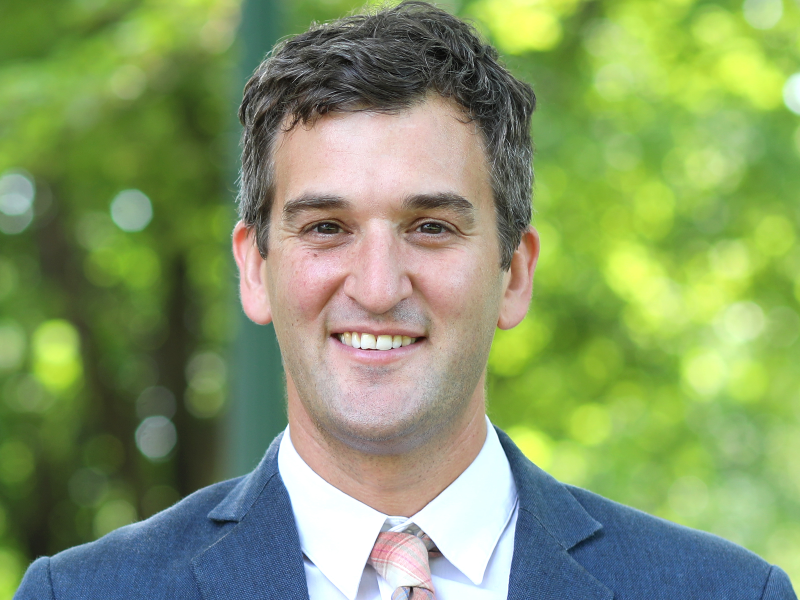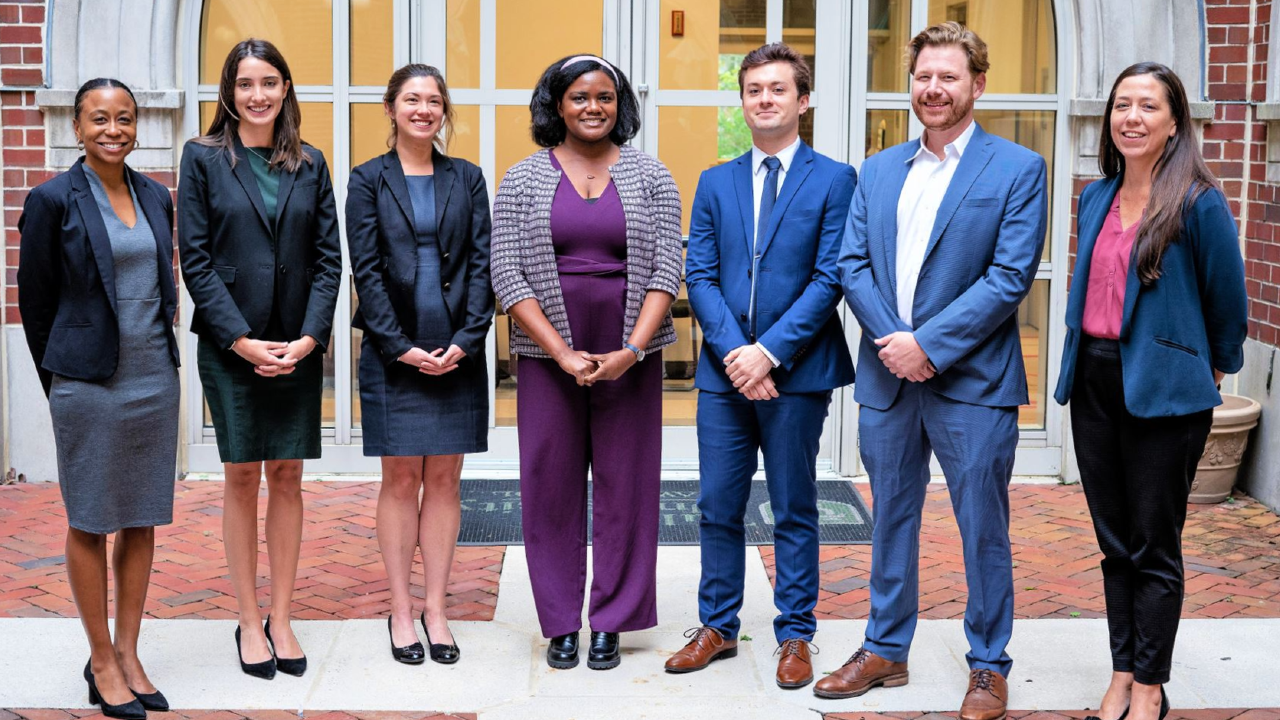First Amendment Clinic defends professor’s release of police video
In January, Tulane’s First Amendment Clinic successfully represented a law professor who publicized bodycam footage of Baton Rouge Police officers strip-searching a youth.
The city had sought to punish University of Virginia law Professor Thomas Frampton with contempt sanctions for releasing the video which had been given to him by the youth’s family, whom he represented pro bono in legal action against the city.

The First Amendment Clinic and a team of lawyers that included Most & Associates and Jane Hogan of Hogan Attorneys, fought the city’s efforts, and U.S. District Court John deGravelles agreed. In his January decision, he lambasted the city, calling their actions retaliation against Frampton for bringing them bad publicity.
"The judge saw through the city's efforts to silence Professor Frampton by use of intimidation and punishment, " said Katie Schwartzmann (L'03), the Director of the First Amendment Clinic. "His ruling sends a strong message that it is the fundamental principle of our democracy that government can’t retaliate against people – or silence them – just because their speech makes them look bad.”
Frampton is an Associate Professor of Law at the University of Virginia School of Law. In early 2021, he represented the juvenile’s family pro bono in a civil rights case against the city for what another federal judge had called a questionable traffic stop and search. The city had already settled with the family on those counts.
Following that settlement and at the family’s request, Frampton publicly shared the body camera footage of BRPD officers’ treatment of the family during the search. It went viral and appeared on national television. After that media coverage, the city instituted contempt charges against Professor Frampton in Baton Rouge juvenile court.
In his 92-page opinion, deGravelles found that, “The overwhelming evidence in the case . . . shows the City/Parish acted in bad faith and in retaliation against the Professor for his issuance of a press release and Video which cast BRPD in a bad light.”
The Court found that the Professor engaged in no criminal activity, explaining that “Frampton released a video that was in the public domain, belonged to his clients, and he released it on the instructions and with the knowledge of his clients.” In fact, Baton Rouge police had first released the video earlier in the case. The judge said that the “hypocrisy of the City/Parish’s position is astounding.”
The City /Parish took extreme measures to try to silence and intimidate a lawyer exposing police misconduct,” said Dayton Dunbar, a third-year law student in Tulane's First Amendment Clinic. “The First Amendment is designed to protect against the punishment of citizens who speak out against unjust government action. Hopefully Baton Rouge will not again weaponize their contempt process to silence critics.”

